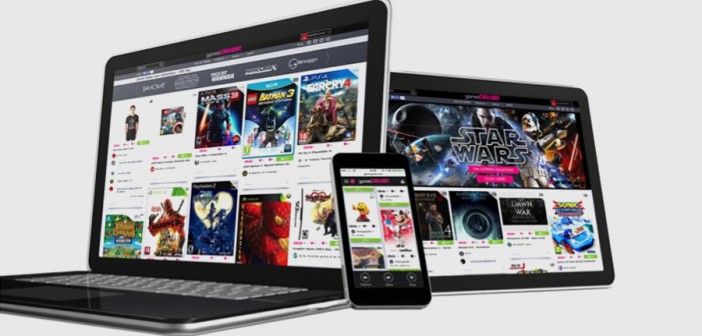Being social (not sociable) was once an activity defined by the parameters of free time, access to a PC and a populace social media platform. However the evolution of the internet and its usage has seen consumers changing the face of what it means to be ‘social’.
Social media is blurring the lines between community and commerce and is laying the path for consumers to connect with brands in new ways for a more tailored, two-way experience – social commerce.
Social platforms such as Pinterest, Grabr and the ‘Net Set’ app are already creating like-minded communities in games and fashion specifically, where consumers interact with peers and other influencers in a way they have never before. The ability to share purchases or potential purchases, trends, offers or opinions with others has become a key part of the purchasing journey and is initiating the emergence of online communities directly related to commerce.
Social media has enabled customers to have a profound purchasing experience by supporting a social experience around a brand. With hyper-connected audiences to satisfy via targeted and relevant products and services this evolution in the customer journey delivers another point of purchase which has to be augmented.
That said it isn’t just consumers affecting change. Age-old social platforms like Facebook are changing the rules of interaction, making it harder for brands to connect with their communities. However, as brands recognise and embrace data-driven marketing strategies and approaches which require data and insights about their customers and fans, they are noting the importance of creating, cultivating and – more importantly – owning their own social networks.
The rise of mobile messaging apps like WeChat where brands are also building ‘community’ shows how businesses are doing it ‘their way’ without Facebook and the like. Through these new-age social apps users can also exploit ecommerce products and services within one application. This strategy makes perfect business sense as it allows brands to own and maintain direct contact with their audience including direct insights into their profiles, purchasing preferences and personal taste.
As popular social media platforms evolve to become more mindful of user content and less willing to share insights, the more brands will look to alternatives that allow them to control their own communities rather than solely remaining ‘tenants’ on other platforms being drip fed data.
Companies understand that engaging their audience is critical and businesses that are visible and willing to have social conversations with customers will instantly increase brand credibility – taking them one step closer to creating a community of unwavering brand warriors. Platforms that allow brands to achieve their social and marketing objectives tied with insights into consumer behaviour are going to become more valuable as the path to purchase continues to evolve driving crucial interaction between fans and brands.




